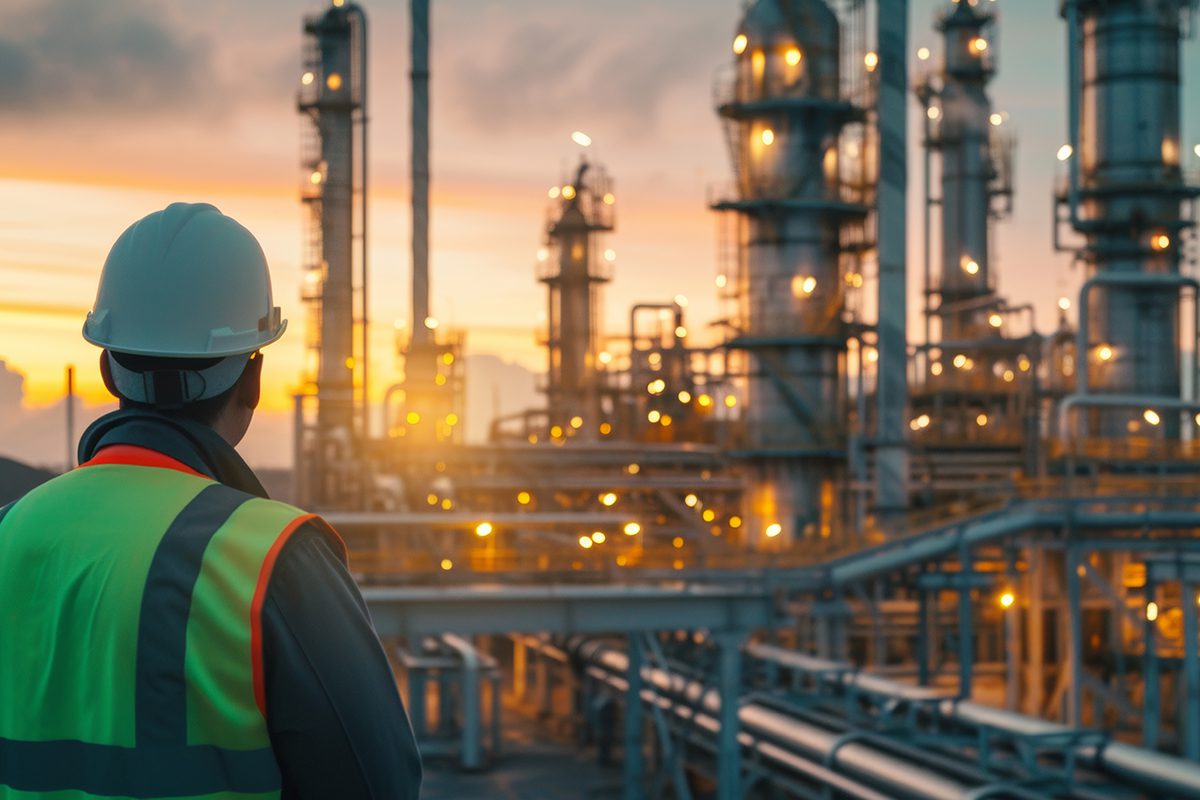Catalytic Advances Program
Discover the Benefits of The Catalyst Group Resources’ (TCGR) Catalytic Advances Program (CAP)
Welcome to the Catalytic Advances Program (CAP) by TCGR. CAP is a unique member-driven R&D consortium designed to drive innovative solutions and significant advancements across catalysis, catalyst-using industries and separations technologies. This comprehensive program brings together top industry experts and leaders to tackle the challenges of modern catalyst and separation technology. Through exclusive access to reports, weekly insights, virtual sessions and an annual meeting, CAP provides invaluable field intelligence and strategic guidance to minimize risk and improve business planning for real-world applications.
Why Choose CAP?
CAP stands out as a dynamic catalyst for innovation and industry impact. Designed for the industry, by the industry®, CAP serves as a powerful consortium investigating emerging trends and cutting-edge advancements that are reshaping the catalyst, separation technology and industrial process landscapes. CAP members gain access to real-time updates, detailed reports and expert analyses, all aimed at catalyzing breakthroughs in key areas like catalyst optimization, process scale-up, digitalization, circularity and energy transition. Our program is data-driven, giving members the trusted insights they need to solve emerging challenges and drive strategic growth.


More Than Just Academic R&D
CAP delivers more than theoretical research; it’s a strategy-centered R&D platform tailored to meet the evolving needs of our members. Our timely data-focused reports cover crucial developments, while allowing members to provide feedback on research topics, ensuring the most relevant information for today’s pressing issues. Confidentiality agreements protect the exclusivity of all deliverables, making CAP a trusted resource for actionable insights.
Our Legacy of Leadership
Key Benefits of CAP Membership
As a CAP member, your organization will gain exclusive access to high-level research, collaborative opportunities and advisory support. Here’s what membership offers:

1. Access to Advanced Research and Expertise
Exclusive Technical Reports: CAP members receive three annual reports covering the latest in catalysis, peer-reviewed by leading scientists and industry experts. Recent studies include:
- Advances in CO2 Activation Catalysts
- Advances in Catalysts for Biofuels and eFuels
- Advances in Catalysis for Polyolefin Production
Real-Time Updates: Stay informed with weekly email updates from TCGR’s experts, providing insights on new developments, critical advancements and commercial opportunities.

2. Industry Collaboration
Annual Meetings and Virtual Sessions: Connect with industry leaders and peers at exclusive events and virtual sessions designed to foster knowledge sharing on technical and business challenges.
ActiProjects: Engage in exclusive R&D collaborations, providing a platform for partnerships on technical and commercial advancements.

3. Expert Advisory Services
Dialog Group® Support: Tap into the expertise of over 165 industry leaders with an average of 30+ years of experience. The Dialog Group® offers personalized support, addressing questions and providing in-depth analysis.
Data-Driven Risk Management: CAP studies deliver actionable insights on catalyst processes, regulatory impacts and sustainability advancements, empowering members to optimize investment and business planning.

4. Confidentiality and Customization
Secure, Member-Exclusive Content: All CAP reports, analyses and discussions are confidential and exclusively available to members.
Tailored Research Agenda: Member-driven research topics ensure CAP studies align with your organization’s unique needs, providing relevant customized insights.
Empower Your Business for the Future.
Join CAP to stay ahead in the dynamic fields of catalysis and sustainable industrial technology.
